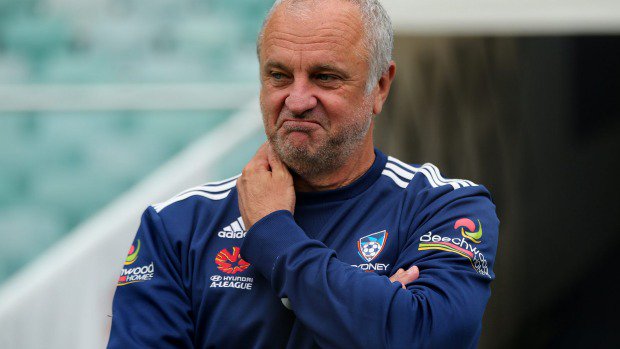Barnie McKenna, Ronnie Drew, Luke Kelly and John Sheahan.
Saint Patrick's Day, every March 17, is a day where the whole world seems to come together to celebrate the culture of an ancient peoples that has survived invasion, occupation and genocide by binge drinking beer artificially turned green while wearing novelty leprechaun hats.
But it might also be one of the rare days people feel obligated to pay some attention to you banging on about the glory of Irish folk music legends such as the Dubliners. Or maybe not, but one can but try.
The Dubliners emerged out of the post-war period that saw big ruptures and innovations in various cultural in Western countries. In Ireland, the Dubliners, with a raw energy and rough edge that owed something to the same spirit of the times that led to the rise of rock'n'roll, helped lead a crucial traditional Irish folk revival. they took folk music out of stuffy concert halls being performed by the stiffly middle class people put the music back into smokey pubs. And from there, to England's Top of the Pop's and well beyond.
Often political or bawdy, the Font of All Knowledge that is Wikipedia informs us that the band "drew criticism from some folk purists and Ireland’s national broadcaster RTÉ had placed an unofficial ban on their music from 1967–71."
Having disbanded after 50 years in 2012, the band's members and output was wide and varied — with banjo player Barney McKenna (said to have revolutionised tenor banjo playing) and fiddle player John Sheahan the only two members to have been in the band from start to finish..
My play list focuses heavily on the definitive line up featuring singers and founding members Luke Kelly and Ronnie Drew.
Kelly, who tragically died in from a brain tumour in 1984, was a left-wing activist one of the greatest folk singers of his generation, able to impart such passion and personality in his rendition of songs to render many of his versions definitive.
Ronnie Drew... well no one has ever accused the man of having the "greatest" voice, but, described as the "sound of coal being crushed under a door", it was certainly one of the most original — and perfect for story telling.
The two weren't song writers. They interpreted songs written by others, whether traditional standards or a new generation of folk song writers like Pete St John and Phil Counter, but the band created definitive recordings of wide array of songs.
What the Dubliners did in the 60s, in revitalising an old tradition with new energy, bringing it to a new generation in a way they could relate to, The Pogues did in London in the 80s, infusing Irish folk music with the energy and attitude of punk. Not for nothing did The Pogues record with the Dubliners in 1987.
And when The Pogues recorded a track like "Dirty Old Town", they weren't just covering Ewan McColl's folk standard, they were specifically, clearly, covering the Dubliners' version featuring Luke Kelly.
This is ap lay list of 20 songs that I think give the best overview of the quality of the Dubliners -- and their two most defining and distinctive singers, Luke Kelly and Ronnie Drew. A couple of tracks such by Barnie McKenna are also thrown in, as is a version of traditional song Carrikfergus sung by Jim McCann, who replaced Ronnie Drew in the band for a chunk of the '70s, simply because ... well when you hear it you'll know why.
Done right, there is little to match Irish folk music in its capacity for affecting or amusing story telling, for bringing to real characters drawn from every day life. And few have done it so well as the Dubliners.



